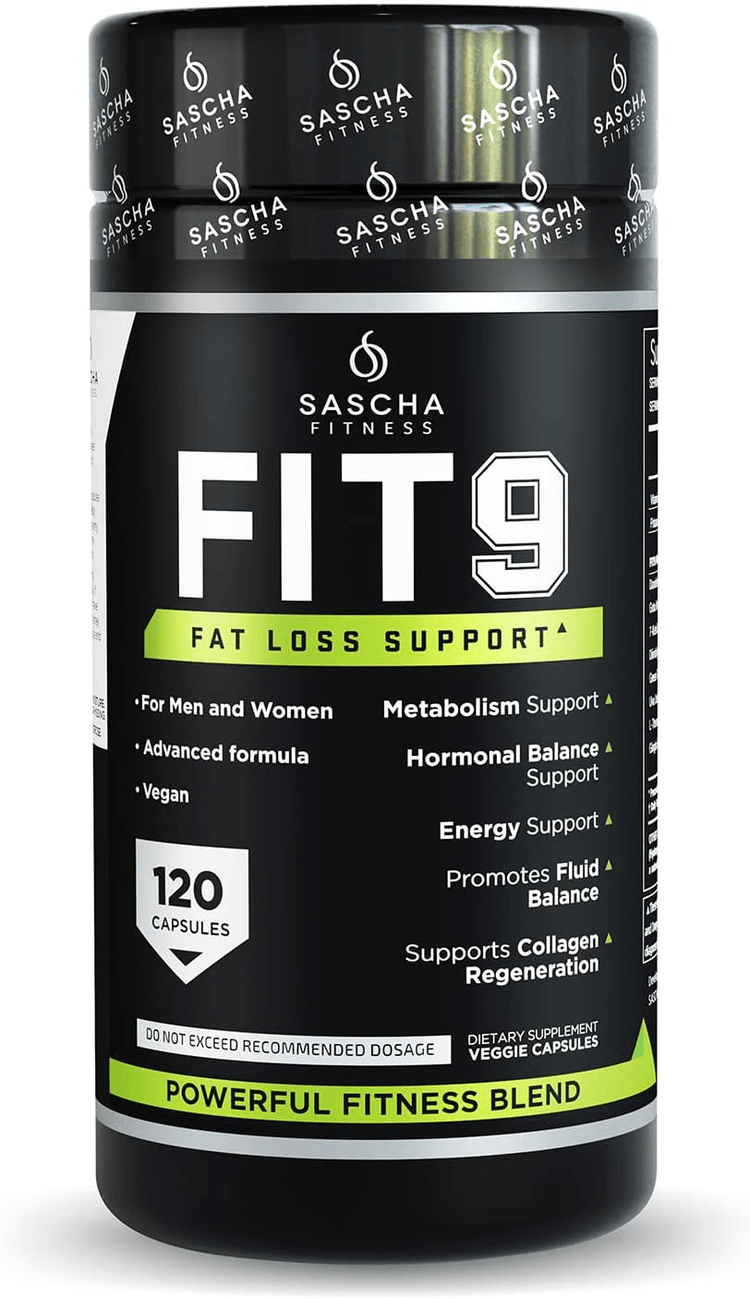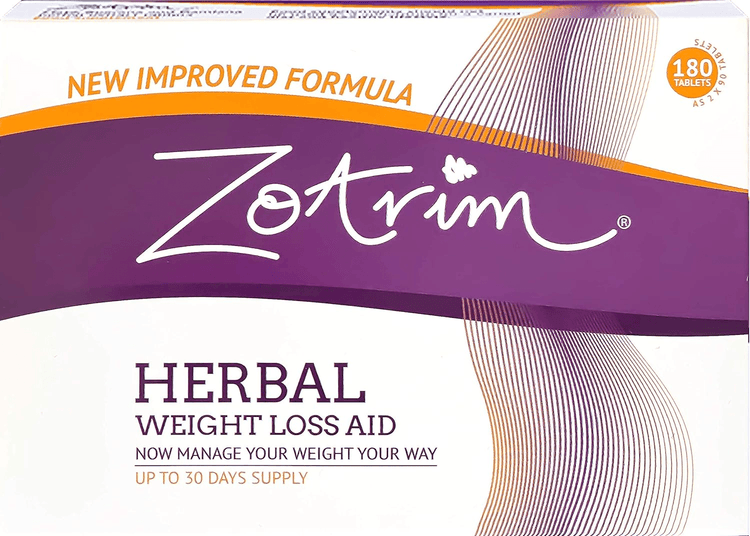Zepbound vs Wegovy: Whats the difference?

Related products
Introduction
The battle of the bulge has found new contenders in Wegovy and Zepbound, the latest weight loss medications to receive regulatory nods. With obesity rates climbing and the associated health risks becoming more apparent, the significance of effective weight management solutions cannot be overstated. This article delves deep into a comparative analysis of these two drugs, shedding light on their potential in revolutionizing obesity treatment protocols for consumers and healthcare providers alike. The juxtaposition of Wegovy and Zepbound serves as a beacon of hope for millions seeking support in their weight loss journey.
What is Wegovy?
Wegovy emerges as a promising candidate in the weight management arena, with its active ingredient semaglutide making headlines for its efficacy. "Wegovy's approval by the FDA marks a milestone in obesity treatment," notes Dr. Hannah Clarke, an obesity specialist in London. Its mechanism of action mimics a naturally occurring hormone that regulates appetite and food intake, potentially leading to significant weight loss. The drug has been approved for chronic weight management in adults with obesity or overweight with at least one weight-related condition such as hypertension, type 2 diabetes, or dyslipidemia.
What is Zepbound?
Zepbound, while sharing the same battlefront with Wegovy, carves out its unique place with a different approach to weight loss. Although the active ingredients and the exact mechanism of action have yet to be publicly disclosed in detail, Zepbound has passed the rigorous FDA approval process, signifying its potential in aiding weight loss. Dr. Edward Thomson, a clinical researcher in Manchester, states, "Zepbound's innovative approach is a breath of fresh air in a market that desperately needs it." Like Wegovy, Zepbound is indicated for chronic weight management in a similar patient demographic.
Is Zepbound or Wegovy more effective?
Comparing the efficacy of Zepbound and Wegovy based on clinical trials, both medications have shown significant effects in weight loss management.
Zepbound: In the 72-week SURMOUNT-1 clinical trial, the following results were observed for different dosages of Zepbound when compared to a placebo:
- 5 mg/week: 16% weight loss or an average reduction of 35.5 lb (16.1 kg)
- 10 mg/week: 21.4% weight loss or an average reduction of 48.9 lb (22 kg)
- 15 mg/week: 22.5% weight loss or an average reduction of 52 lb (23.6 kg)
- Placebo: 2.4% weight loss or an average reduction of 5.3 lb (2.4 kg) Furthermore, after 72 weeks, between 85% to 91% of those on Zepbound achieved a body weight reduction of 5% or more, compared to only 35% on placebo.
Wegovy: For Wegovy, the STEP 1 clinical trial showed the following outcomes over 68 weeks for participants with a BMI of 30 or greater, or a BMI of 27 or greater with at least one weight-related medical condition, other than diabetes:
- 2.4 mg semaglutide: 14.9% weight reduction with 86.4% of participants achieving at least a 5% weight loss, and about 70% achieving a weight loss of at least 10%.
- Placebo: 2.4% weight reduction with 31.5% of participants achieving at least a 5% weight loss.
The STEP 2 trial, which enrolled participants with type 2 diabetes mellitus, showed the following outcomes:
- 2.4 mg semaglutide: 9.64% weight reduction with 68.8% achieving at least a 5% weight loss.
- 1.0 mg semaglutide: 6.99% weight reduction with 57.1% achieving at least a 5% weight loss.
- Placebo: 3.42% weight reduction with 28.5% achieving at least a 5% weight loss.
Both medications appear to be effective for weight loss, with Zepbound showing a higher percentage of weight loss at its highest dosage compared to Wegovy. However, it's important to note that trial designs, durations, and participant populations can vary, making direct comparisons complex. Both drugs represent advances in chronic weight management but should be selected based on individual patient needs, tolerability, and physician recommendations.
Zepbound vs Wegovy Dosages
The drug comes in several dosage forms for subcutaneous use: 2.5 mg, 5 mg, 7.5 mg, 10 mg, 12.5 mg, and 15 mg per 0.5 mL in single-dose pens. In a clinical trial, patients using Zepbound 5 mg weekly lost an average of 16.1 kg over 72 weeks, those on 10 mg weekly lost an average of 22.2 kg, and those on the 15 mg weekly dose lost an average of 23.6 kg over the same period.
For weight loss in adults, the initial dose is 2.5 mg under the skin once a week. After 4 weeks, the dosage should be increased to 5 mg once a week, with the possibility of further dose increases in 2.5 mg increments after at least 4 weeks on the current dose. The recommended maintenance dose ranges from 5 mg to 15 mg injected subcutaneously once weekly, with the maximum dose being 15 mg once a week.
Always follow the prescribed dosing regimen and consult with your healthcare provider for any specific questions regarding your treatment with Zepbound.
The initial dosage of Wegovy for weight loss in adults is 0.25 mg injected subcutaneously once weekly. The dose should then be escalated according to a set schedule to minimize gastrointestinal side effects. The escalation steps are as follows: 0.5 mg for weeks 5 through 8, 1 mg for weeks 9 through 12, and then 1.7 mg for weeks 13 through 16. The maintenance dosage is either 2.4 mg (recommended) or 1.7 mg once weekly from week 17 onward.
When comparing this to Zepbound, the starting dose of Zepbound is higher at 2.5 mg once a week, increased to 5 mg after four weeks, and it may be further increased in 2.5 mg increments. The recommended maintenance dose is 5 mg, 10 mg, or 15 mg once weekly, with a maximum of 15 mg once a week.
Zepbound vs Wegovy Comparison Chart
| Feature | Zepbound (Tirzepatide) | Wegovy (Semaglutide) |
|---|---|---|
| Mechanism of Action | Dual GIP and GLP-1 receptor agonist | GLP-1 receptor agonist |
| Administration | Subcutaneous injection | Subcutaneous injection |
| Initial Dose | 2.5 mg once weekly | 0.25 mg once weekly |
| Maintenance Dose | 5 mg, 10 mg, or 15 mg once weekly | 1.7 mg or 2.4 mg once weekly |
| Maximum Dose | 15 mg once weekly | 2.4 mg once weekly |
| Dose Escalation | Gradual increase over 4 to 20 weeks | Gradual increase over 16 weeks |
| Efficacy in Weight Loss (Clinical Trials) | Up to 22.5% weight loss over 72 weeks | Up to 14.9% weight loss over 68 weeks |
| Percentage of Participants Achieving ≥5% Weight Loss | 85% to 91% at 72 weeks | 86.4% at 68 weeks (2.4 mg dose) |
| Common Side Effects | Gastrointestinal symptoms, such as nausea and diarrhea | Gastrointestinal symptoms, such as nausea and diarrhea |
| Clinical Trial Name | SURMOUNT-1 | STEP 1 |
| Participant Criteria | BMI ≥ 30, or ≥ 27 with a weight-related condition, non-diabetic adults | BMI ≥ 30, or ≥ 27 with at least one weight-related condition other than diabetes |
This chart is based on the data obtained from the SURMOUNT-1 clinical trial for Zepbound and the STEP 1 clinical trial for Wegovy. The information reflects the results and patient experiences from these specific studies and should be considered in the context of overall medical advice and individual patient needs.
Zepbound vs Wegovy Side Effects
Zepbound (Tirzepatide) Side Effects:
- Common side effects include abdominal pain, burping, constipation, diarrhea, dyspepsia, fatigue, gastroesophageal reflux disease, hair loss, hypersensitivity reactions, injection site reactions, nausea, and vomiting, affecting 5% or more of patients.
- Serious side effects may include severe stomach problems and kidney problems, which may arise from severe diarrhea, nausea, and vomiting.
- There is also a mention of Zepbound causing thyroid tumors in rats, although it's not clear if it causes the same effect in humans.
Wegovy (Semaglutide) Side Effects:
- More common side effects are anxiety, bloating, blurred vision, chills, cold sweats, confusion, constipation, cool and pale skin, cough, darkened urine, depression, diarrhea, difficulty swallowing, dizziness, fast heartbeat, fever, headache, increased hunger, indigestion, large hive-like swelling, loss of appetite, nausea, nervousness, nightmares, abdominal pain, seizures, skin rash, slurred speech, chest tightness, trouble breathing, unusual tiredness or weakness, and vomiting.
- Very common side effects (10% or more) include nausea, increased amylase, increased lipase, diarrhea, vomiting, constipation, and abdominal pain.
- Wegovy has been associated with a warning about the risk of thyroid C-cell tumors in rodents, similar to other drugs in its class, but it is unknown if it causes such tumors in humans.
Both medications have gastrointestinal side effects as the most common, including nausea, diarrhea, and vomiting. They also carry warnings related to thyroid tumors in animal studies. It is important for individuals to consult with healthcare providers to consider these side effects in the context of their overall health and treatment goals.
Is Wegovy or Zepbound more expensive?
Zepbound (Tirzepatide) Price:
- Zepbound is expected to be available in the U.S. at a list price of $1,059.87 for a month's supply in six different doses.
- Eli Lilly, the manufacturer of Zepbound, also intends to offer a savings card program that could lower the cost to as low as $25 for eligible patients with commercial insurance for a 1-month or 3-month prescription.
Wegovy (Semaglutide) Price:
- The list price for Wegovy is reported to be around $1,349.02 per package, which is higher than Zepbound's list price.
- However, the cost for Wegovy subcutaneous solution (0.25 mg/0.5 mL) is approximately $1,430 for a supply of 2 milliliters, varying by pharmacy.
- The typical cash price for Wegovy is $1,801.27 for a supply of four doses, but discounts through savings cards such as SingleCare can reduce this cost to about $1,215.20.
It's important to note that these prices can be influenced by various factors such as insurance coverage, pharmacy location, available discounts, and patient assistance programs. The list price is the initial price set by manufacturers before any discounts or rebates are applied, and most people do not pay the list price if their health insurance covers weight-management medications. It's also relevant to mention that the arrival of Zepbound in the market could potentially affect the pricing dynamics of Wegovy, as competition often leads to price adjustments.













 Rated Excellent by 26,523+ Reviews
Rated Excellent by 26,523+ Reviews